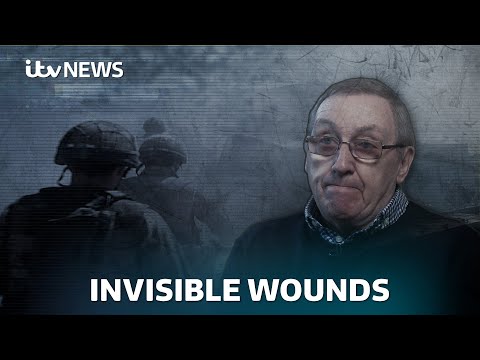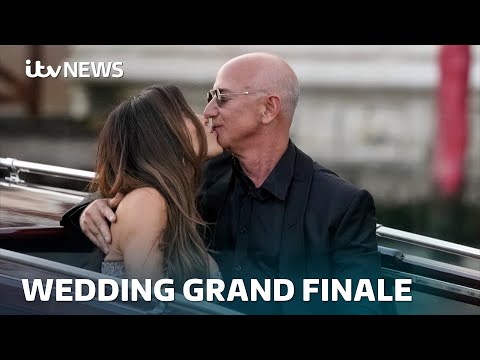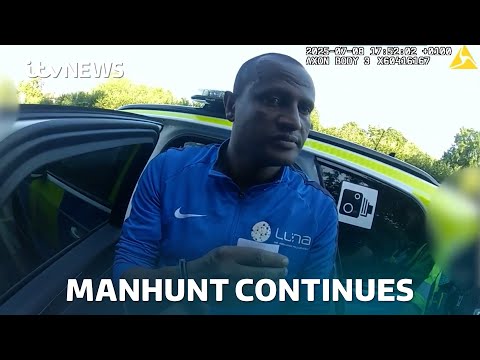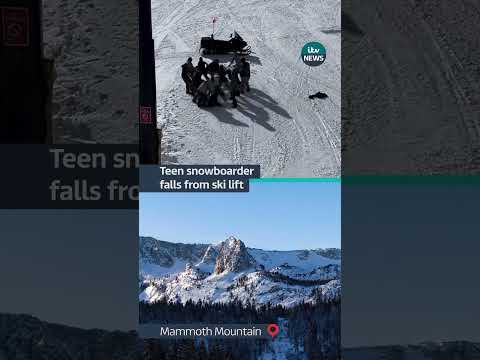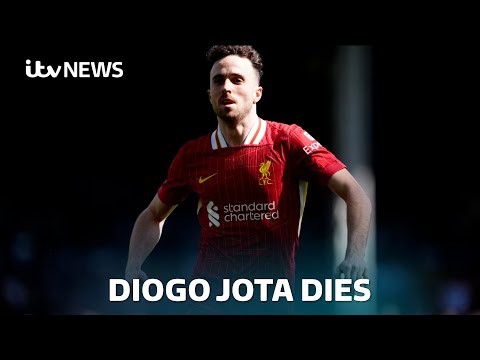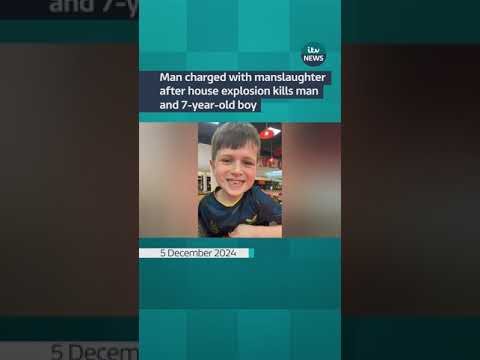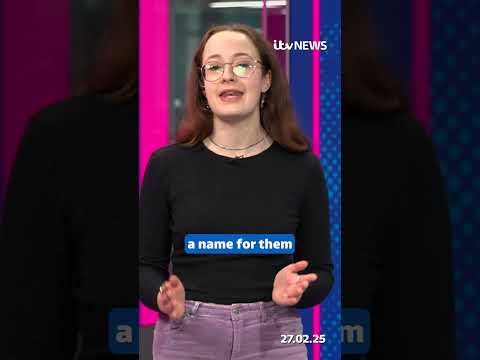
ITV News speaks to three people who have met Vladimir Putin in the past, to understand his transformation, the events that shaped him, and what he really wants.
Sir Roderic Lyne was the UK’s Ambassador to Russia from 2000 to 2004 – the first few years of Vladimir Putin’s presidency.
Nina Khrushcheva is a historian and Professor of International Affairs at the New School in New York City. She is the great-granddaughter of the former Soviet leader and successor of Joseph Stalin, Nikita Khrushchev.
Robert Moore was ITN’s Moscow Correspondent during the fall of the Berlin Wall and the collapse of the Soviet Union.
Putin’s story began in St Petersburg, then called Leningrad, in the 1950s. It had been devastated by a brutal nazi siege a few years earlier.
The details of his upbringing paint a picture of a rough childhood in a hostile neighbourhood.
He was a small boy who was frequently targeted by bigger kids.
As a teenager he picked up judo – a practice and a philosophy that, one expert tells us, would turn him into a "great tactician" who knows how to exploit weak spots in opponents.
Some of his most formative years were spent in the KGB – first as a young officer patrolling the streets of Leningrad, then as a liaison to the German secret police, the Stasi, in Dresden.
Putin was in Germany to watch the fall of the Berlin Wall, and the collapse of Soviet influence there, in real-time.
Those who have studied him for the longest say the subsequent collapse of the USSR was a disastrous moment in his life.
He was forced to return to his home city of St Petersburg, without a job. A nobody, in a city with nothing.
But amidst the despair and deprivation, Putin saw opportunity.
He ventured away from the world of national security, and into politics – taken first under the wing of the Mayor of Saint Petersburg Anatoly Sobchak.
In 1996 he took another step towards the Kremlin, relocating to Moscow and gaining favour with the President, Boris Yeltsin.
In 1999 the world was shocked to learn that this unassuming outsider had been appointed Prime Minister – and named as Yeltsin’s successor as President.
Only months later, Yeltsin resigned – and up stepped Vladimir Putin, President of Russia.
Over the next 25 years his public persona, behaviour, and leadership changed in extraordinary ways.
He was humiliated and wounded by two major events in his early years in power.
First, the accidental sinking of a Russian nuclear submarine, the ‘Kursk’, with more than 100 personnel on board.
Second, in 2004, which saw huge political upheaval in Ukraine, and the ousting of Putin’s ally Viktor Yanukovych, in what became known as the ‘Orange Revolution’.
It’s thought this event precipitated Putin’s annexation of Crimea in 2014 – and, later, his bloody and relentless war in Ukraine.
On the domestic front Putin has been untouchable, as a result of one of the most brutal regimes of oppression Europe has seen this century.
Freedom of expression has long been lost, and information channels tightly controlled.
Time and again his most prominent critics have been killed in violent and often unexplained circumstances.
The Russian defector Alexander Litvinenko, poisoned in London, in 2006; the attempted assassination of the Russian double agent Sergei Skripal in Salisbury, in 2018; and the man he feared most, the opposition leader Alexei Navalny, last year.
Putin’s use of violence, fear, and intimidation as a means of control carry strong echoes of his former employer, the Soviet secret service.
Now, on the world stage, a new challenge faces him. The giant – and volatile – figure of Donald Trump.
“I am very disappointed with President Putin", the US President said just this weekend. "I thought he was somebody that meant what he said. He’ll talk so beautifully and then he’ll bomb people at night. We don’t like that."
What President Putin thinks of Donald Trump, and how he decides to engage with him, could be the defining question of the next four years – and could be existential for Ukraine.
• Subscribe to ITV News on YouTube: http://bit.ly/2lOHmNj
• Get breaking news and more stories at http://www.itv.com/news
Follow ITV News on TikTok https://www.tiktok.com/@itvnews?lang=en
Follow ITV News on Instagram: https://www.instagram.com/itvnews/
Follow ITV News on Facebook: https://www.facebook.com/itvnews/
Follow ITV News on X: https://twitter.com/itvnews




